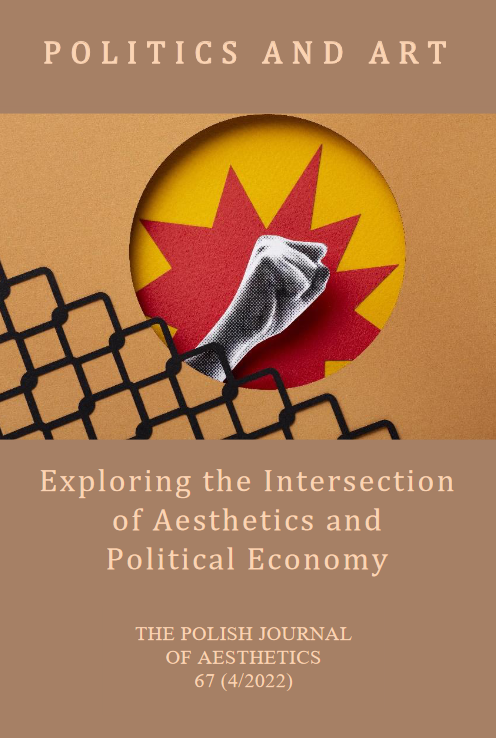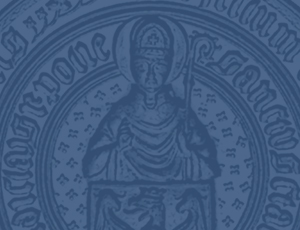 Web Content Display
Web Content Display
 Web Content Display
Web Content Display
 Web Content Display
Web Content Display
email: leszek.sosnowski@uj.edu.pl
 Web Content Display
Web Content Display
CFP: “Styles of Discourse”, 62 (3/2021)
Editors: Tatiana Denisova (Surgut State University, Surgut, Russia); Ioannis Vandoulakis (Hellenic Open University, Greece & Open University of Cyprus, Cyprus).
Discourse is a kind of code with the help of which reality is codified, structured, understood, and interpreted. Discourse performs not only descriptive and interpretive functions, but also generative, creative, and structural ones.
The style of discourse is a way of describing a cultural text, that is, any piece of human-created reality. The depth and perspective of the semiotic interpretation of a cultural text, as well as the vision of the entire architecture of the cultural space (semiosphere), to which the text belongs, depends on the style of discourse. Thanks to a certain style of discourse, things are approached by a researcher (subject) in a certain way, allowing them to be seen from a certain point of view, or even to be seen in general. Thus, discourse performs both cognitive and ontological functions, and the variety of styles of discourse allows one to create a panoramic, multi-layered picture of reality.
This issue will focus on the diversity of styles of discourse across a wide range of topics, including exposition, debate, narrative analysis, philosophical essay and history, mathematical proof, logical argumentation, historical text, myth, metaphor, literature, art, architectural styles, and others. The study will not be restricted only to the humanities and the arts. Thomas Kuhn’s concept of “paradigm” as a variation of the concept of style of thought functions as a group style, a shared (by a community) style of understanding and thinking about what is considered to happen in nature. Styles of scientific thinking, and other relevant concepts, have social and cultural determinations and serve as media of communication among scientists who share a certain worldview. A transition from one style of thinking to another marks a radical change.
We invite authors to submit articles which fall under the general theme “Styles of Discourse” from the points of view of philosophy, aesthetics, semiotics, logic, and natural science, as broadly understood, including:
- Styles of discourse in the form of creativity in various fields of the sciences, humanities, and arts, manifested in the outcomes of the work of both historic and contemporary creators.
- Styles of discourse in science versus styles of discourse in the humanities and the arts.
- The significance of intuition, insight, and guessing in communication, understanding and interpretive processes. How rational discourse eventually leads to intuitive insights that, in turn, can be used as building blocks for further reasoning.
- Discourse analysis involving the style of argumentation, with a focus on epistemological and discursive practices.
- The relationship between the change in the type of rationality and the style of discourse.
- Historical variations of scientific language and changes of thinking-styles.
- Personal vs. collective styles of discourse.
- Monologic vs. dialogic styles of discourse. Monological ultimate worlds created by a single consciousness vs. dialogical styles of discourse between a multiplicity of agents that have their word and voice.
- Cultural and social aspects of styles of discourse. The poetic function of styles of discourse in the sciences, humanities, and arts.
We encourage authors to seek unconventional perspectives on Styles of Discourse. We are interested in articles that address this topic with innovative and analytical approaches.
Submission deadline: March 31, 2021.
We would like to kindly ask all authors to familiarize themselves with our guidelines, available under “For Authors”. and to double-check the completeness of each article (including an abstract, keywords, a bibliography, and a note on the author) before submission. Only completed papers should be submitted using the submissions page, which can be found here.Contact: pjaestheticsuj@gmail.com, Tatiana.Denisova.1209@gmail.com, i.vandoulakis@gmail.com.


